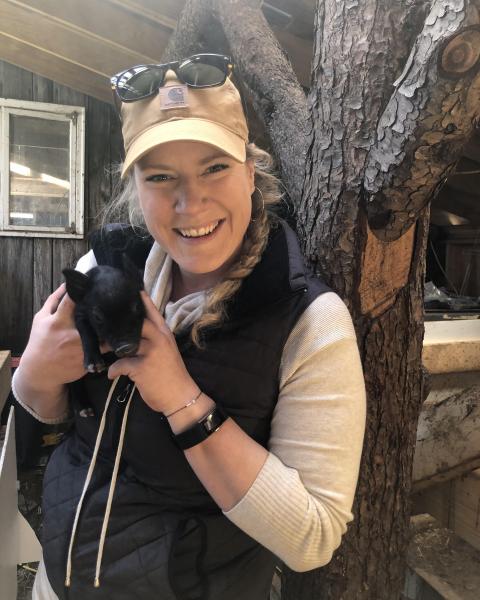Beneficial Ownership Information Filing
FinCEN announced that it will not issue any fines or penalties or take any other enforcement actions until a forthcoming interim final rule becomes effective and the new relevant due dates in the interim final rule have passed. More Details notice.
If your farm is organized as an LLC, corporation, or similar entity, you may need to comply with the new Beneficial Ownership Information (BOI) filing requirements under the Corporate Transparency Act. This federal regulation, effective as of 2024, aims to increase transparency by creating a registry of individuals who own or control businesses in the U.S., including farms in New Hampshire.
What New Hampshire Farmers Need to Know About BOI Filing
Farm businesses structured as corporations, LLCs, or other similar entities are required to file BOI. If your farm operates as a sole proprietorship or non-profit, you are typically exempt from this requirement. However, it’s crucial for NH farm owners to verify their specific situation to ensure compliance.
Larger farm businesses may be exempt from filing if they meet the following criteria:
- Annual Revenue: Your farm reports over $5 million in gross receipts or sales on your most recent tax return.
- Full-Time Employees: Your farm employs more than 20 full-time domestic workers. *
- Domestic Operations: Both the revenue and employees are based in the United States.
*It’s important to note that H-2A workers, who are temporary agricultural workers brought in under the H-2A visa program, do not count towards the 20 full-time domestic employees required for the BOI filing exemption. Since these workers are considered non-immigrant and not permanent employees, they are generally excluded from the count of "domestic employees" under federal regulations.
For LLCs, it’s essential to understand that the BOI filing requirement applies regardless of how the LLC is taxed. Whether your LLC is taxed as a partnership or a sole proprietorship, you must still comply with the BOI filing requirements. The focus of BOI filing is on the legal structure of the entity, not its tax status.
You’ll need to report the full legal name, date of birth, residential or business address, identification number and image from a valid id (e.g., driver’s license, passport) for each person who owns or controls 25% or more of your farm. You’ll also need to provide details about the individuals who formed the company if your farm was established after January 1, 2024.
- Existing Entities: Farms created before January 1, 2024, must file by January 1, 2025.
- New Entities: Farms formed in 2024 have 90 days from their creation date to file.
It’s important to comply with BOI filing requirements to avoid penalties. After you’ve confirmed your farm’s structure, take the necessary steps to file your BOI online. For more detailed information, refer to the Financial Crimes Enforcement Network’s website and the NH Small Business Development Center's blog, which offers a comprehensive overview of these new obligations.
If you have questions, please join us online on September 27th from noon to 1pm for a live review and question and answer session with UNH Extension and NH SBDC.
Have other legal questions? Make sure to check out UNH Cooperative Extension’s Legal Guide for NH Agricultural Producers or reach out to our Agricultural Business Management Team.
Extension Services & Tools That Help NH Farmers Grow
Newsletters: Choose from our many newsletters for production agriculture
Receive Pest Text Alerts - Text UNHIPM to (866) 645-7010


